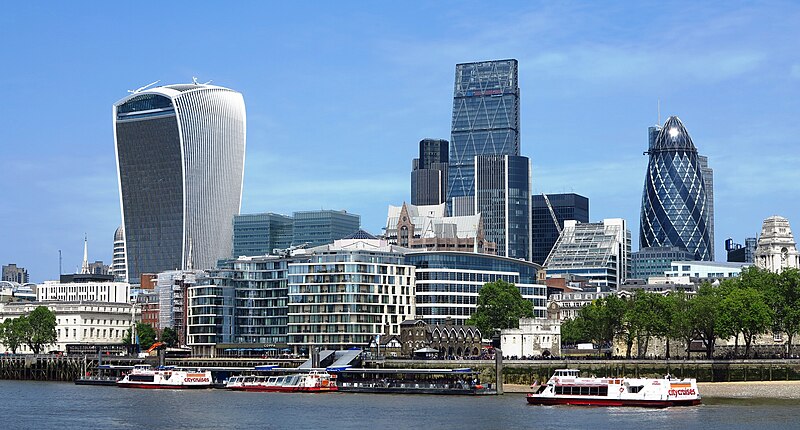
Britain has officially unveiled its first comprehensive industrial strategy in seven years, coinciding with a significant investment summit in London. This initiative, announced on Sunday, reflects
the new Labour government's commitment to providing enhanced stability and certainty for businesses. Manufacturers in the UK have long advocated for a renewed industrial strategy, emphasizing the need for clarity regarding long-term policy direction in a landscape shaped by Brexit, the pandemic, energy crises, and rising inflation
. According to Make UK, the trade association for the manufacturing sector, the UK stands out as the only major economy lacking a thorough industrial plan.
The last strategy was released during Theresa May's administration in 2017. The specifics of the new industrial strategy will be detailed in a consultation document, referred to as a green paper, set to be published at 0830 GMT on Monday.
The government has identified eight key growth sectors to focus on: advanced manufacturing, clean energy, creative industries, defence, digital and technologies, financial services, life sciences, and professional and business services. Business and trade minister Jonathan Reynolds stated, "Our modern Industrial Strategy will embed stability for investors and instill confidence for planning not only for the upcoming year but for the next decade and beyond." Additionally, the government has appointed Clare Barclay, Chief Executive of Microsoft UK, as the chair of its newly established Industrial Strategy Advisory Council.
The introduction of this strategy aligns with the timing of Britain's investment summit on Monday and follows the Labour government's first 100 days in power, a period characterized by challenges including controversies over politicians accepting gifts and the resignation of Starmer's chief of staff. Photo by Philippe Salgarolo, Wikimedia commons.


































